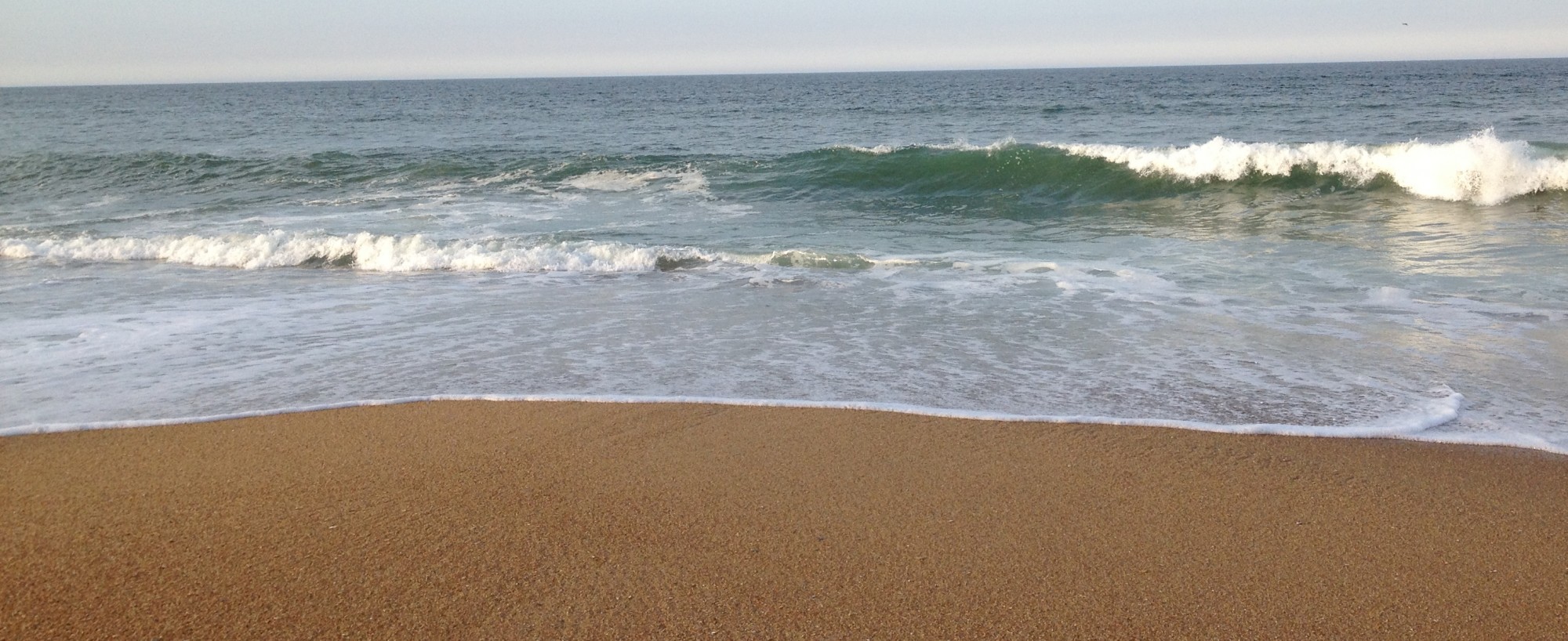Class Retrospective Post
When I enrolled in the class, I was very interested in learning about two classic American authors that I had relatively little prior knowledge about. I am a huge fan of American literature, and the chance to take a course that analyzed Moby Dick in particular seemed like a big step forward for me that I knew I wanted to take at some point in college. I did not yet understand the relationships the two authors shared or see many similarities between the two, but I was looking forward to learning what I could learn about them that could bring them together.
I immediately liked the small class size discussions we had on our reading assignments, and quickly realized that my biggest challenge was going to be keeping up with the reading and blog posts. Although I am a quiet person and in some classes I do not like to volunteer or speak up often, I felt no problems doing so in this class, especially with so much material and so many ideas to cover every day.
I really liked reading Typee, as the book’s action and adventure scenes and descriptions of a tropical paradise took me away from Lafayette College’s February blizzards. This feeling continued throughout a lot of Melville’s work, as he consistently employed themes of adventure and mystery. However, what I had not expected from Melville was his breakdown and examination of racial tension and interactions. I did not know that Melville had focused so much on race roles and racism, and it seemed to me as I was reading that he was struggling with those issues himself.
When we started studying Ellison I was initially interested, but not drawn in as much by the reading itself because it was not the same action-on-the-high-seas pace. On the other hand, the writing was more natural and smooth than Melville’s had been, so it was easier to read in other ways. I liked the way he expressed his ideas, and there were often layers of symbolism in the writing that I appreciated a lot, and had seen comparatively less of in Melville’s writing. Still, I knew what to expect from Ellison’s writing far more than I had known approaching Melville’s work for the first time, so I was never very surprised reading his work.
I was very excited to start Moby Dick because I felt that it was a big step for me in my career as an English major, and I would like to be able to discuss the American literary canon decently well by the end of my time in college, which would be impossible without Moby Dick. I cannot say that I ever expected anything like some of the radically different chapters included in the novel, but even the whaling and scientific chapters did not throw me off of my enthusiasm for reading book. Just when I started to think that the book would not pick up pace, the ending of the book was charged with action and beautiful writing that made the whole experience more than worth it.
I had read part of Invisible Man before, so I knew what to expect more than I had with anything we had previously in the class. Still, I had not appreciated some of the scenes and their meanings so much as I did after our class discussions. The scene in which the Invisible Man discovers the truth about his recommendation letters affected me much more profoundly this time around, and I felt like I understood the overall emotion behind the novel much more during this reading. The conclusion of the book still gives me a bit of trouble, but I really do think that Ellison’s final message is just to be the best and most accepting person you can be through self-reflection, and then to go out and try and go out and change the world for what you see is wrong with it after your introspection.
